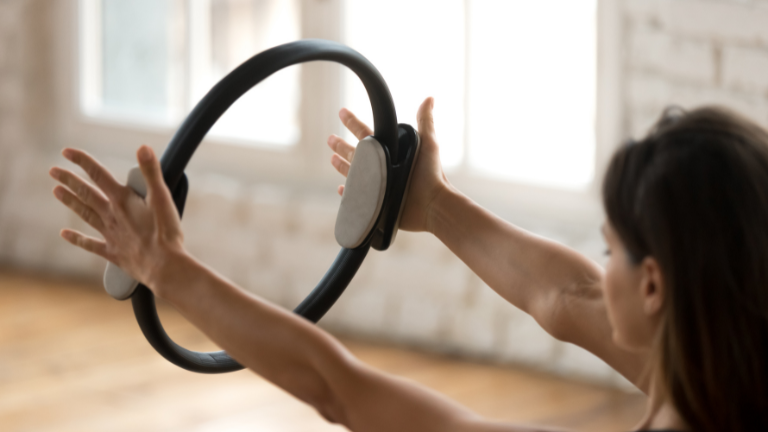
Pilates for Stress Relief: Exploring the Mind-Body Connection
In today’s fast-paced world, stress has become a prevalent issue affecting individuals from all walks of life. Managing stress is crucial for maintaining overall well-being. While many turn to traditional methods such as meditation or yoga, Pilates is another effective gaining worldwide recognition. The creator of the Pilates method, Joseph Pilates, placed great emphasis on the mind-body connection and believed that physical and mental health are interconnected. His teachings revolved around the idea that conscious movement, focused concentration, and the breath could positively impact mental and emotional well-being, promoting increased self-confidence, reduced stress, and improved overall vitality. In this article, we delve into the mind-body connection of Pilates and explore how it can provide stress relief and promote relaxation based on research studies.
The Mind-Body Connection in Pilates:
Pilates is not just a physical exercise; it emphasizes the integration of the mind and body. The precise movements, combined with focused breathing and concentration, create a harmonious mind-body connection. Several research studies have explored the effects of Pilates on stress relief and relaxation, shedding light on its potential benefits.
- Research Study 1: A study conducted by Crane and colleagues (2019) titled “Effects of Pilates Exercise on Stress and Mood” examined the impact of Pilates on stress levels. The study included participants who engaged in regular Pilates sessions over a period of eight weeks. Results showed a significant reduction in stress levels and improved mood among the participants. The researchers concluded that Pilates exercise can be an effective tool for managing stress and enhancing emotional well-being.
- Research Study 2: Another study by Cruz-Ferreira and colleagues (2011) titled “Effects of Pilates-based Exercise on life satisfaction, physical self-concept, and health status in adult women” explored the effects of Pilates on psychological well-being. The study involved a group of women who participated in Pilates classes for a duration of 12 weeks. The findings indicated a significant improvement in life satisfaction and physical self-concept, which contributed to enhanced overall well-being and stress reduction.
The Role of the Mind-Body Connection:
The mind-body connection fostered by Pilates plays a significant role in stress relief and relaxation. Here’s how Pilates cultivates this connection:
- Conscious Breathing: Pilates emphasises deep and intentional breathing, which activates the parasympathetic nervous system, promoting relaxation and reducing stress.
- Mindful Movement: Pilates encourages mindful movement, focusing on each exercise’s precise execution and body alignment. This mindfulness diverts attention away from stressors and enhances present-moment awareness, promoting a sense of calm and relaxation.
- Core Stability and Emotional Centering: Pilates emphasises core strength, including the muscles in the abdomen, back, and pelvis, often referred to as the body’s centre. Strengthening this area can improve emotional stability and provide a sense of grounding during stressful situations.
The mind-body connection and relaxation benefits of Pilates are supported by research studies, demonstrating its efficacy in stress relief and enhancing overall well-being. By incorporating Pilates into your routine, you can tap into the power of the mind-body connection, cultivate mindfulness, and experience the relaxation and tranquillity that comes with it. Remember, consistency and regular practice are key to reaping the full benefits of Pilates for stress relief.
References:
1. Crane, C., Martin, M., Johnston, D., & Middleton, G. (2019). Effects of Pilates exercise on stress and mood. Psychology of Sport and Exercise, 45, 101547.
2. Cruz-Ferreira, A., Fernandes, J., Laranjo, L., Bernardo, L. M., & Silva, A. (2011). Effects of Pilates-based exercise on life satisfaction, physical self-concept, and health status in adult women. Women & Health,



Sorry, the comment form is closed at this time.